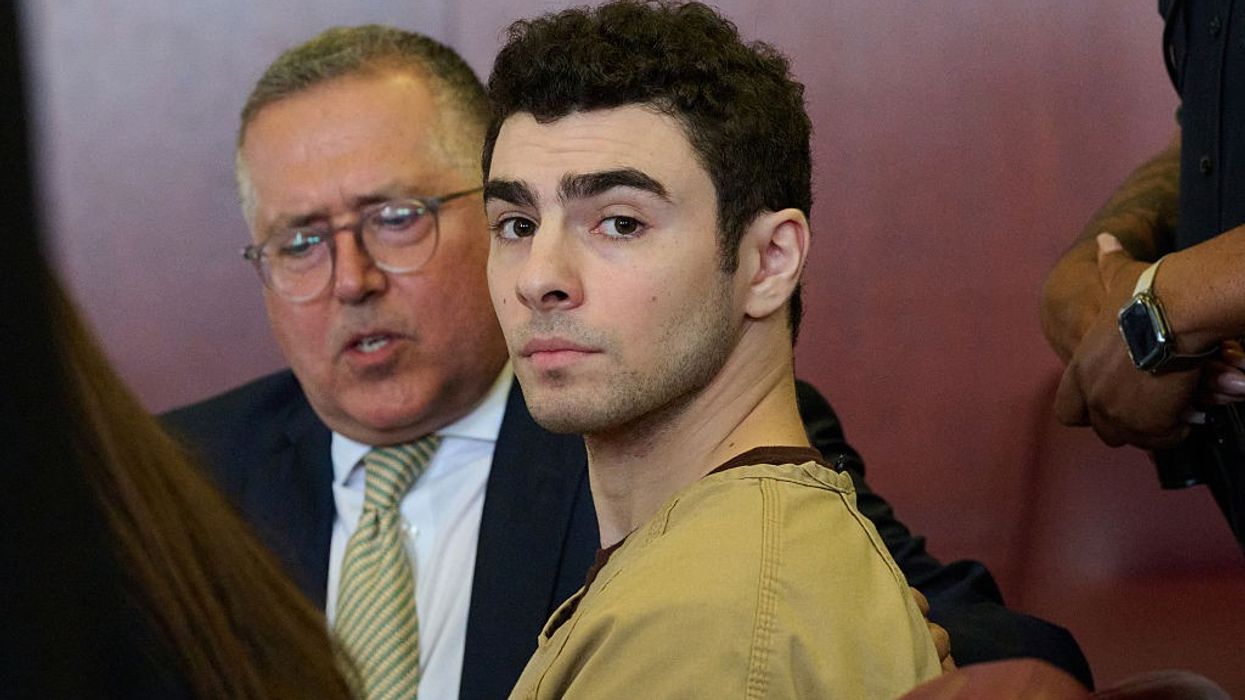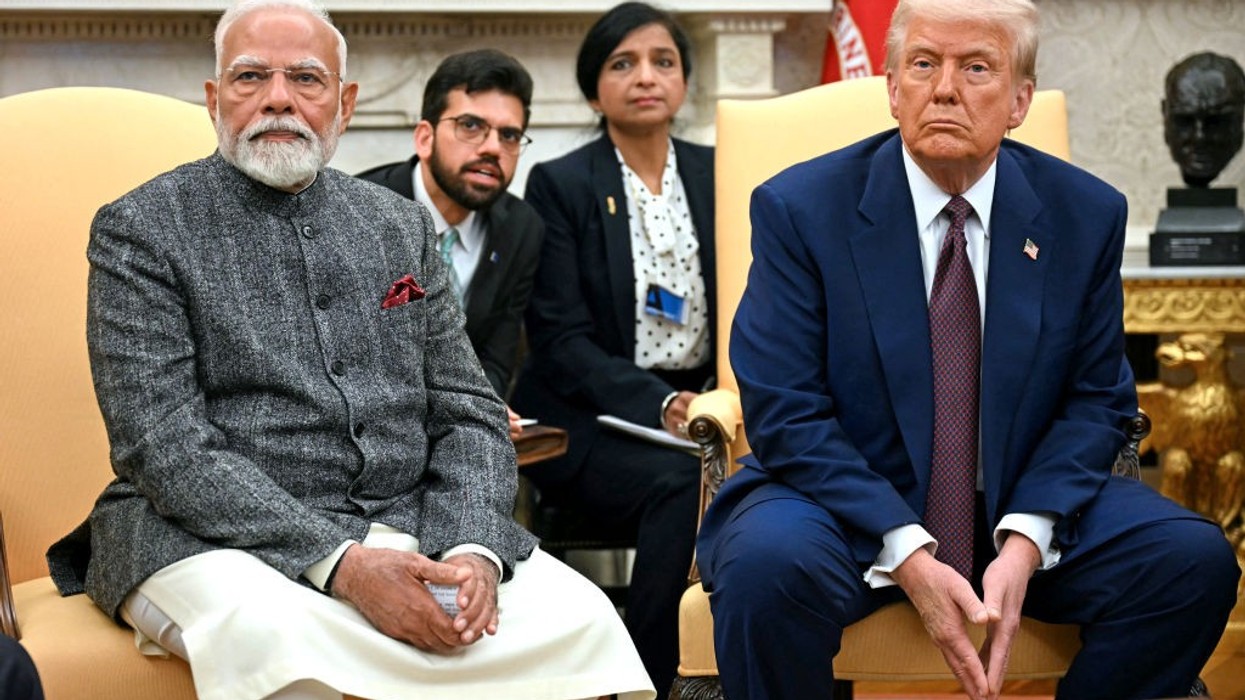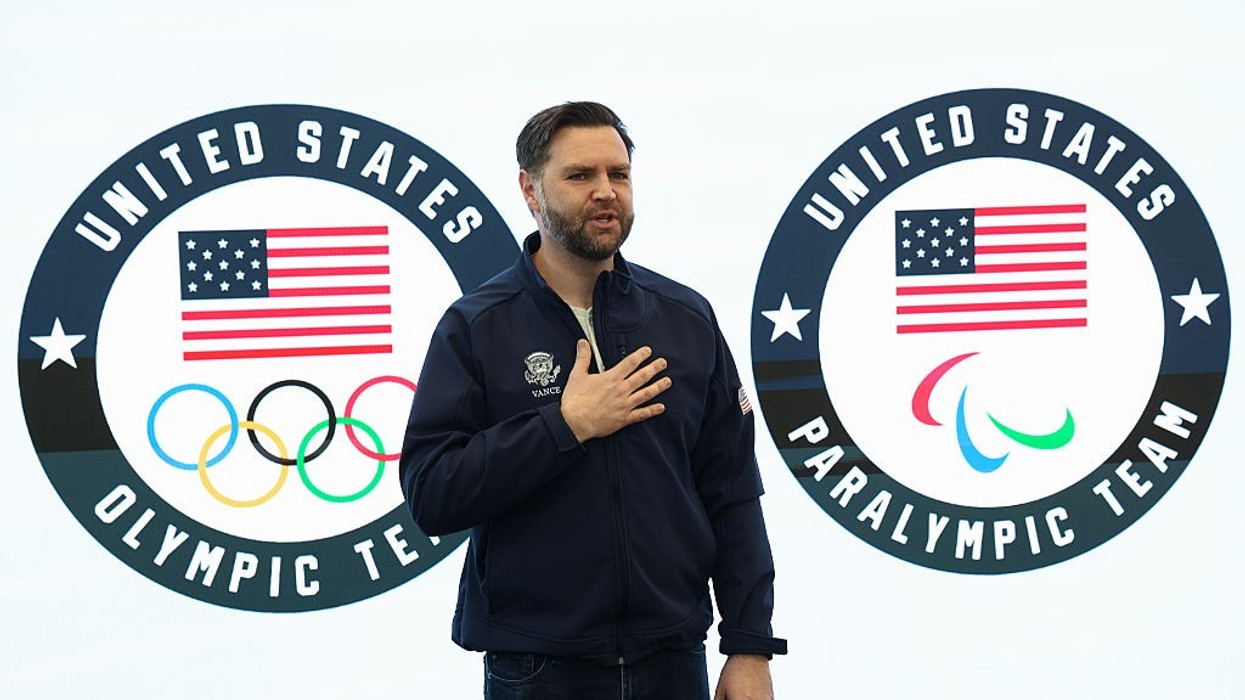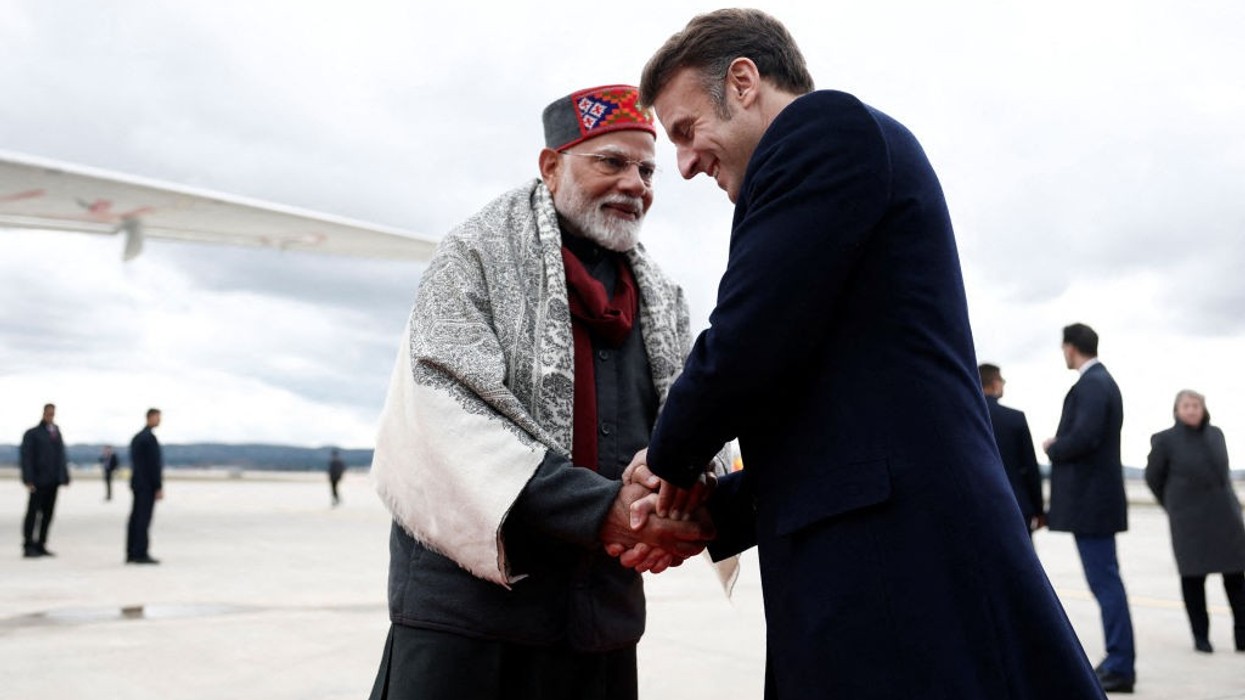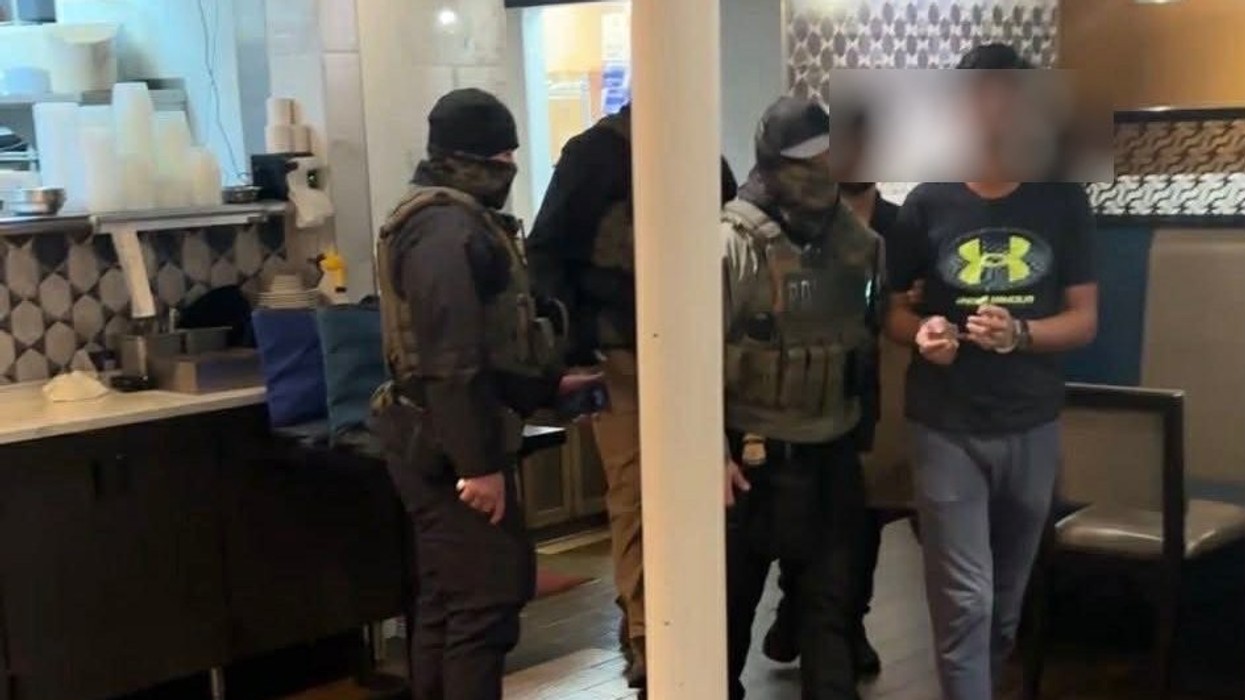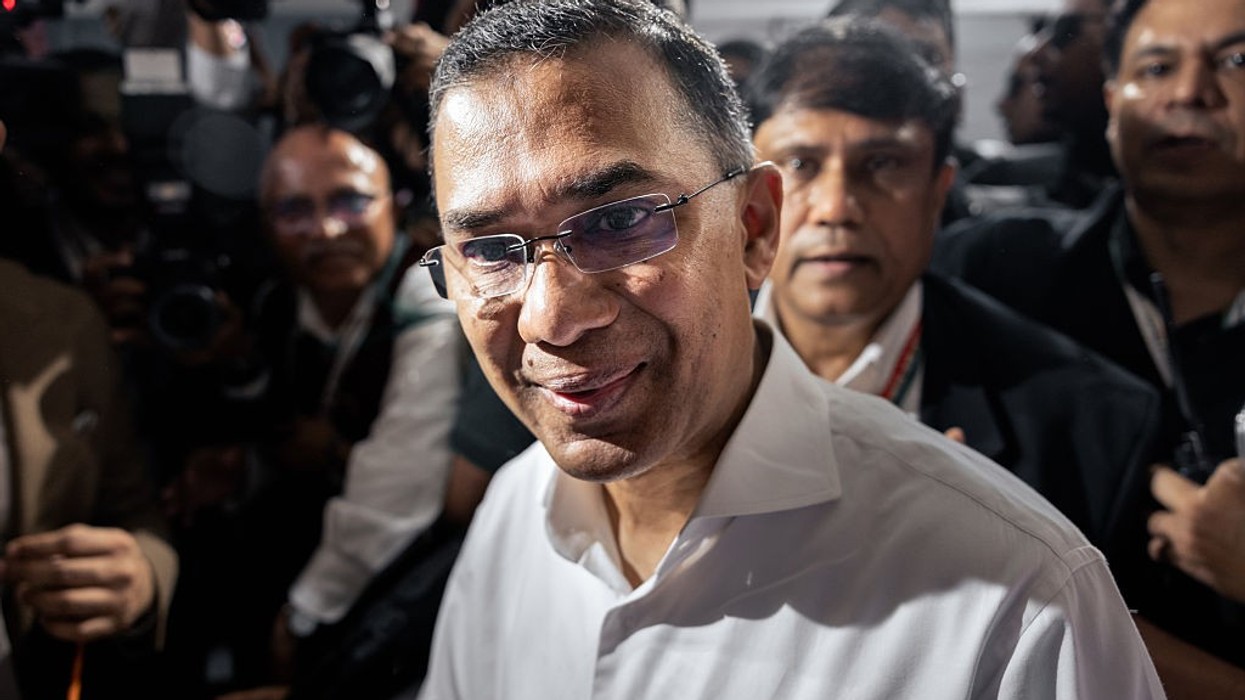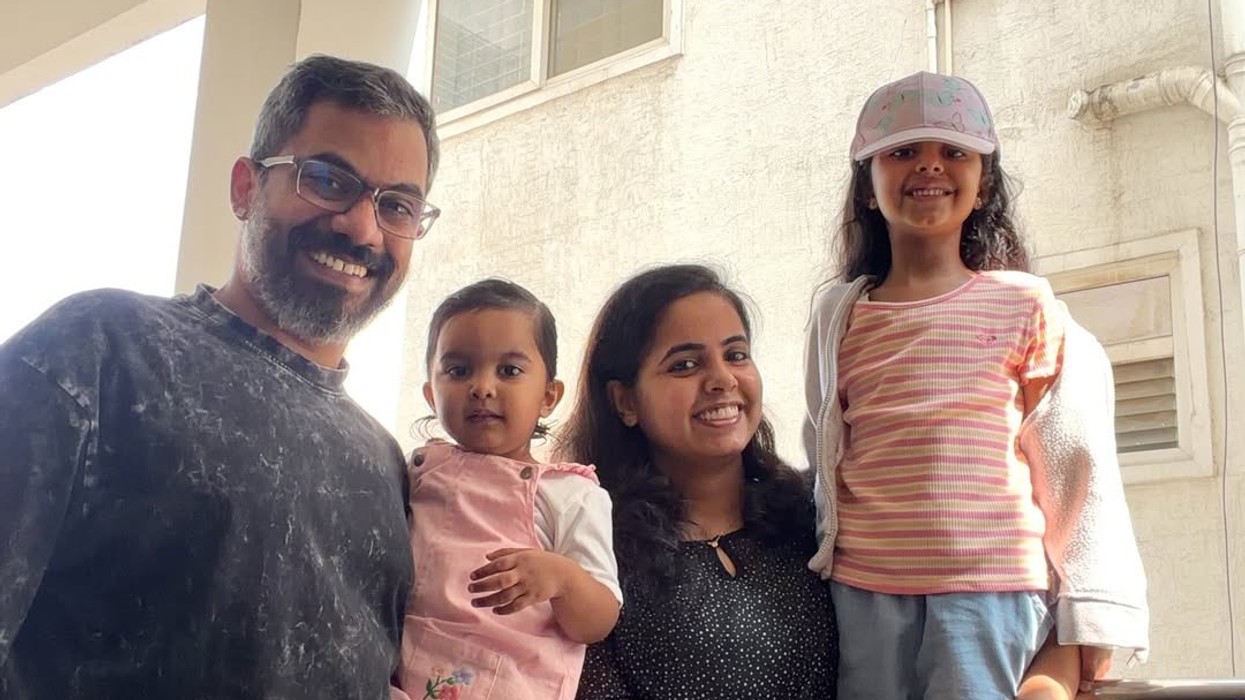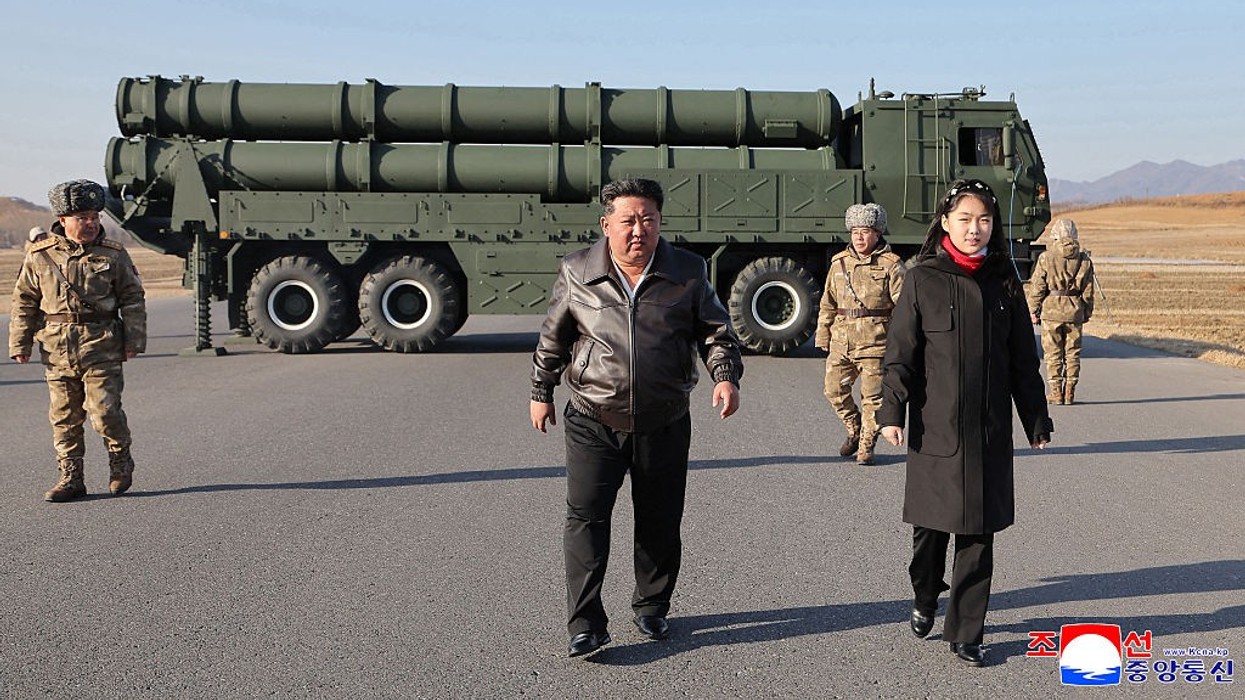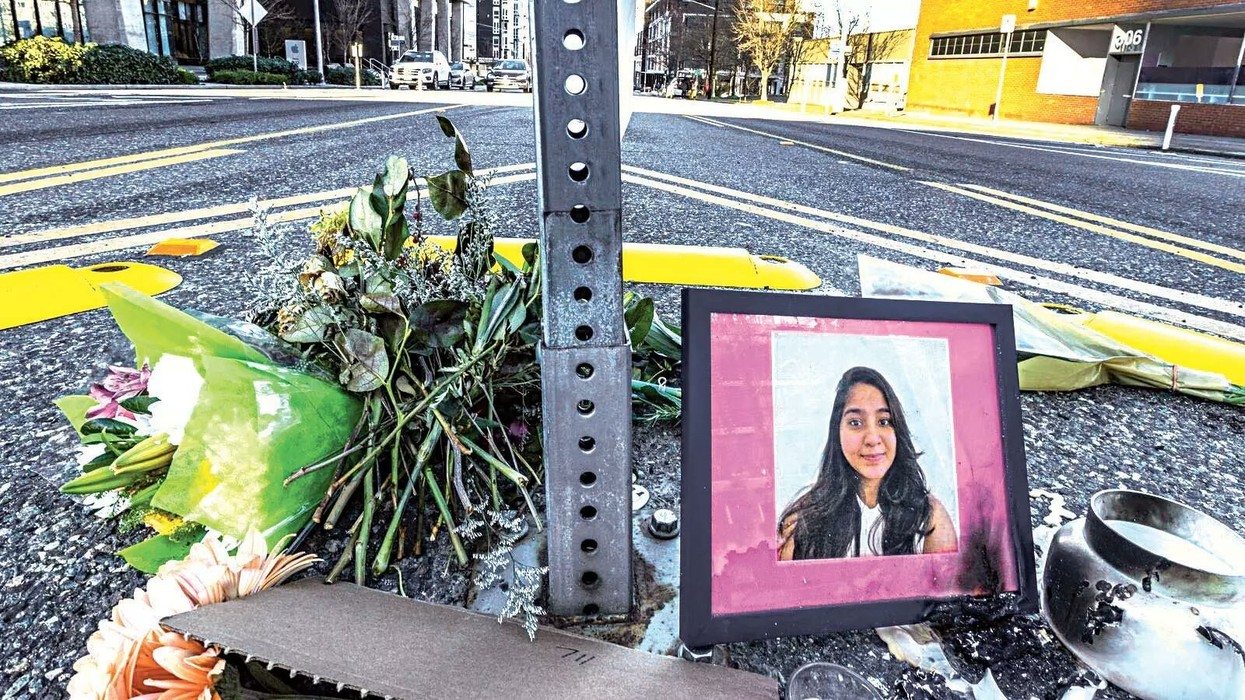Highlights:
- Terrorism charges dismissed as judge found no evidence of intent to terrorize public.
- Mangione still faces second-degree murder and eight weapons charges in state case.
- Defense argued parallel federal and state cases amounted to double jeopardy — request denied.
- Prosecutors allege Mangione killed UnitedHealthcare CEO Brian Thompson outside Manhattan hotel.
- Defense seeks to suppress evidence and statements, raising Miranda rights and warrant issues.
On Tuesday (16), a New York state judge dismissed two terrorism-related charges against Luigi Mangione, the man accused of murdering Brian Thompson, the CEO of UnitedHealthcare. The charges—first-degree murder in furtherance of terrorism and murder as a terroristic act—were thrown out because prosecutors failed to present enough evidence that Mangione intended to intimidate or terrorize the public. Justice Gregory Carro stated in his ruling that the crime, though severe, targeted a single person and did not meet the legal definition of terrorism under New York law.
Remaining charges and legal proceedings
Despite the dismissal of the terrorism charges, Mangione still faces a second-degree murder charge along with eight other counts, including weapon possession and forgery. If convicted of second-degree murder, he could face 25 years to life in prison. Mangione has pleaded not guilty to all charges. The judge scheduled further hearings for December 1 to consider additional requests by the defense concerning evidence suppression. Mangione also faces separate federal charges that include the possibility of the death penalty.
Background on the case and legal arguments
Mangione allegedly shot Thompson in December 2024 outside a Manhattan hotel where UnitedHealthcare held an investor conference. He was captured after a multi-day manhunt in Pennsylvania, carrying an illegal firearm and other items believed to be connected to the crime. Prosecutors argued Mangione’s actions were driven by ideological motives, aiming to send a political message. However, the judge said there was no proof Mangione intended to cause widespread fear or engage in organized terror activities.
The defense argued that pursuing both federal and state cases constitutes double jeopardy, but the judge ruled it premature to dismiss the state charges on these grounds. The case continues with the focus now shifted from terrorism to murder, highlighting the serious but more traditional criminal nature of the case.
